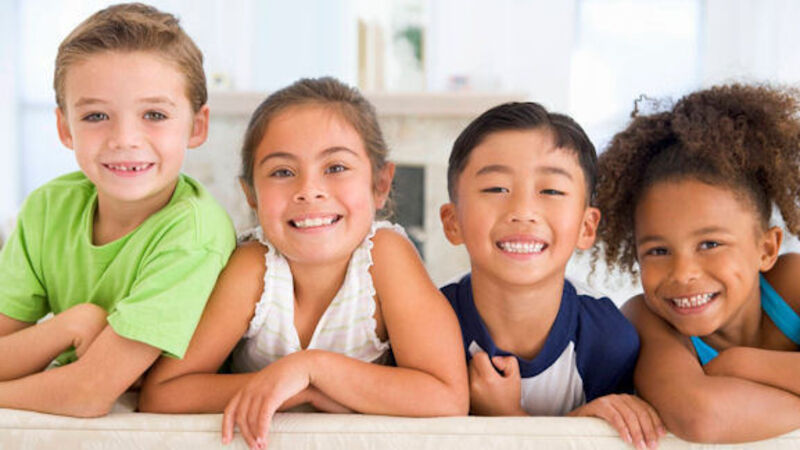Parents must be mindful when speaking about diversity

“Wow! That’s really interesting,” responds her mum. “Tell me more. What colour do you think she’d describe you as — beige?”
How parents treat difference will be the starting point for how children interact with those who are ‘different’, says family mediator Fiona McAuslan, who suggests being mindful of the language we use. “We talk about people being different from us, as if we’re the blueprint, rather than being different from each other, with no blueprint,” she says.











